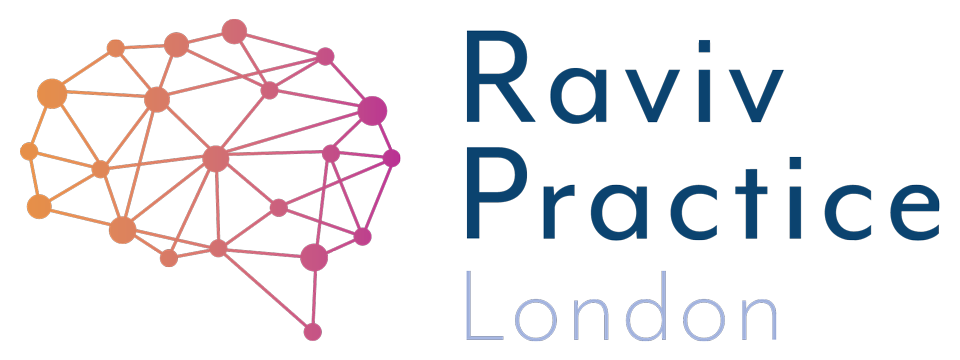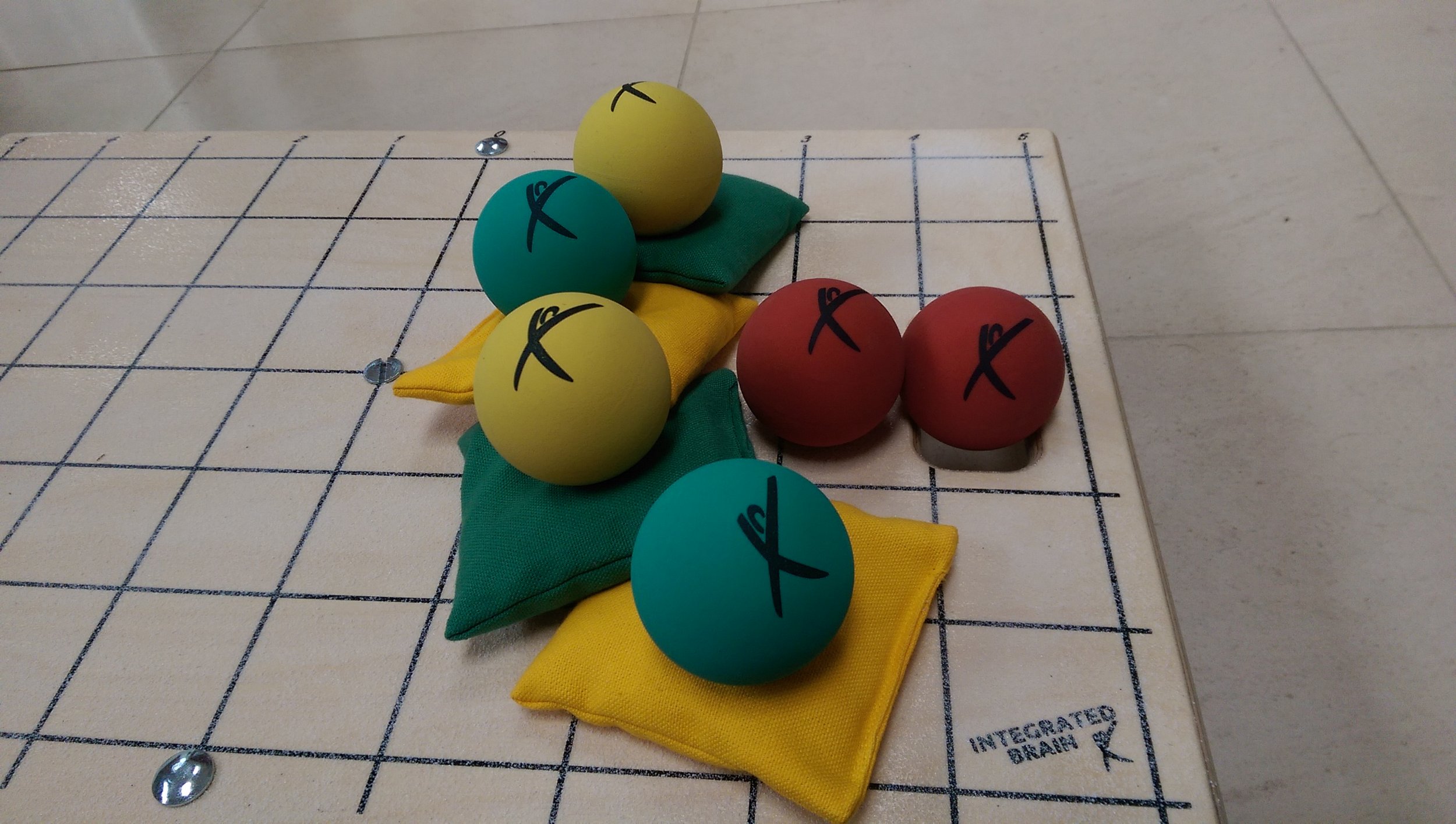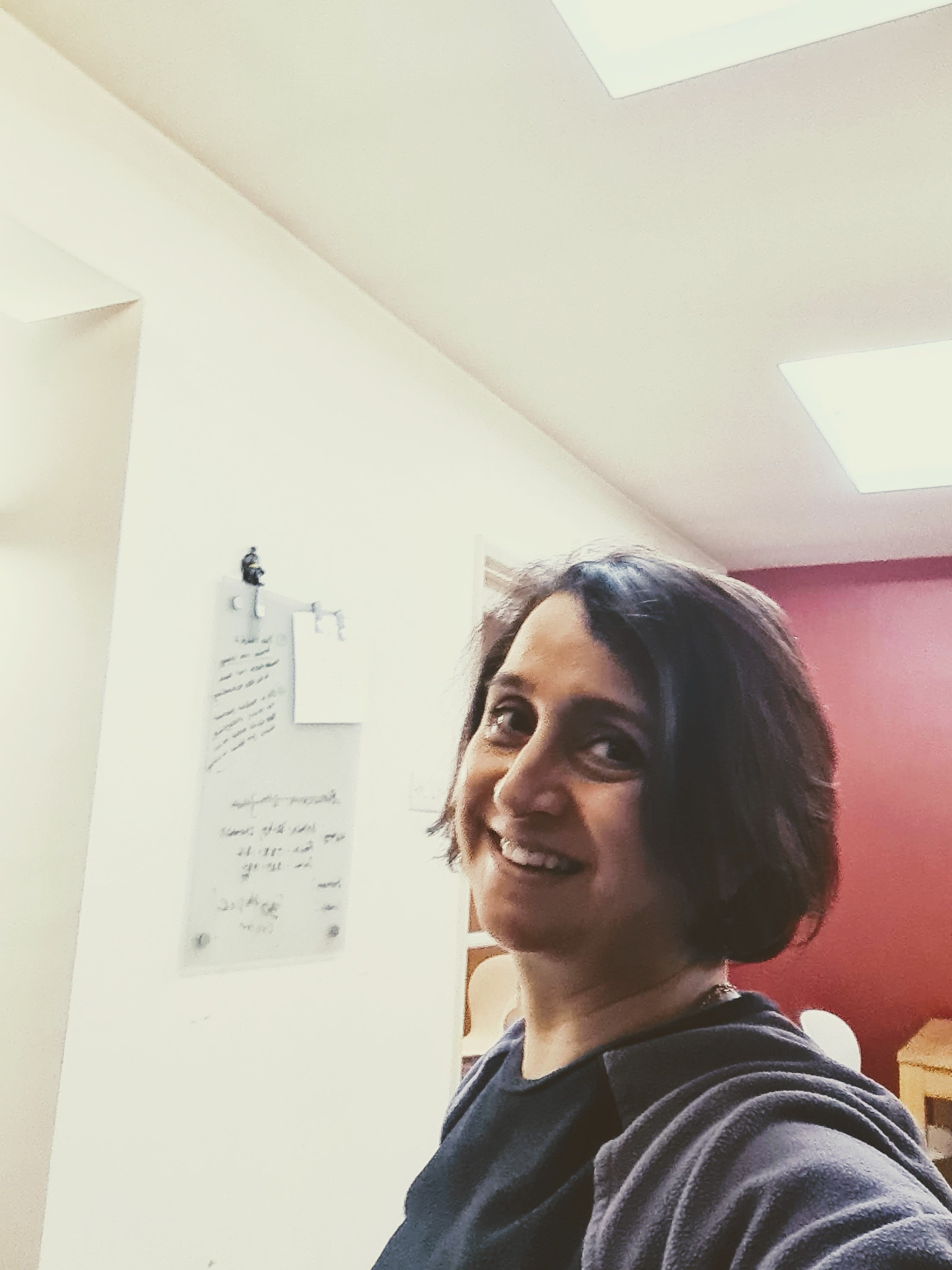When do I need a tutor for my child if I suspect they have dyslexia?
When do I need a tutor for my child if I suspect they have dyslexia?
As we said in our previous blog, there is no way to have a definitive diagnosis of dyslexia before the age of 8. There are simply too many factors in a child’s development before that age and, of course, every child develops in their own unique way. Unfortunately that means that parents may have a battle on their hands if their child needs to catch up in school as, without a firm diagnosis, it is impossible to know what to do for the best.
“Before diagnosis at age eight, it can seem like there is no clear path for parents to follow. ”
Even with the best intentions, schools struggle too as they do not have the right resources to help every single child with their unique educational needs. There are simply too many different variables to work with. Dyslexia and neuro divergence are particular areas of concern; schools are just not equipped to handle so many conditions.
Before diagnosis at age eight, it can seem like there is no clear path for parents to follow. This guide is designed to help parents understand the terms and issues involved, and to see if they can use the resources to provide the much-needed help themselves.
Why teaching those suspected of dyslexia should be multi-sensory.
We do not have a centre in our brains that processes reading exclusively, but rather we use a lot of different skills in this task. First, the child needs to see the written information and put the associated sounds (phonological understanding) to each letter. With practice, phonics are established and phonological awareness fluency increases. Children then need to blend the sounds using their phonological knowledge into recognised words. This process, known as decoding, is reading at its most basic level.
Phonological processing takes a lot of time and energy for children suspected of dyslexia or other neurodivergent conditions. So, if the process of reading employs more senses, it is more likely they can learn what is being taught.
Before teaching your child to read, you must see if they have any issues understanding sounds. Here is a quick checklist to gauge their level of phonological awareness. If your child has weak auditory processing skills, you need to focus more on developing language skills before reading.
Learning through movement is the best way to teach children with reading/language and learning difficulties. It naturally becomes multisensory because of the need for movement, which as it uses sight, sound, and sensation, among others.
What sort of specialist should I use?
At Raviv Practice London, we use both movement and multisensory therapy as part of our sessions. We establish where the child is developmentally and use a variety of techniques to help them learn at the appropriate level.
Most tutors have formal teaching experience and often are teachers who have left the classroom and become specialised in teaching children with special needs. Here is the link of tutors from the British Dyslexia Association where you can find a tutor local to you. Dyslexia tutors are known for their empathy and creative approach to teaching, and can use this to turn your child around with great success.
What if my dyslexic child hates school and hates reading?
Children who have developed a dislike for reading, and even hate the idea of looking at books, will not benefit from a traditional teacher-led approach. If your child dislikes school, you will waste your money on a tutor no matter how good their reputation may be. We need all to be happy about learning and children are no different. Children who dislike school will not be receptive when seeing a teacher, and are much more likely to benefit from a therapy-led approach.
What is the difference between a dyslexic therapist and a dyslexic tutor?
A therapist looks to work with the child's learning style and give them the skills they need to develop their reading for themselves. This means the therapist does not always ask the child to be seated at a desk, as they would in a traditional class setting, but instead work through problems using evidence-based movement techniques, which in turn help the child's brain develop.
In essence, a tutor is like a teacher who will use over learning and specialist books to help nurture reading, writing and spelling skills. In contrast, a therapist is someone who helps a child organise their own thoughts in order to bridge developmental gaps. Once those development gaps are bridged, more skills naturally fall into place.
Different tutors for different subjects
If you’re child is falling behind in two or more academic areas, you will likely have to hire two or more different tutors, as most will only specialise in one area, i.e. English or Maths. A therapist, however, specialises in looking at the underlying conditions that can prevent a child from learning in general. In this respect, a therapist’s approach is much more holistic.
On the surface, this approach may seem less serious, and far more playful, than what a tutor can offer, but this is exactly what is needed in some cases. It is actually a very sophisticated approach where coping strategies cannot work. How therapy is conducted becomes multitasking, and that is how you can get the brain to learn more complex skills. By learning complex physical skills, the child learns how to cope, and the transfer of new movement skills can ultimately be redirected into an academic setting.
When you read this testimonial by an adult with dyslexia, you will understand how complex our brains are, and I hope it directs you to the right path for your child with suspected dyslexia.
In our next blog, we will explore more closely what sort of therapies are available to undiagnosed children, and how to find the right therapist.
If you want to find out more about bridging developmental gaps let’s arrange to talk.
Dyslexia? Dyspraxia? ADHD? ASD? Speech & Language? Developmental Delay? Anxiety?
Is every school day a struggle? As a parent, you may feel exhausted and on this journey alone. Each year you see the gap getting wider. You need to do something - change the approach, help your child learn for themselves, find a way to turn this around - to help while you can - do this NOW. the first step is free.
About the Author
Usha Patel is a Neurocognitive Therapist and Director at Raviv Practice London. Parents searching to help their suspected/neurodiverse child can get evidence-based solutions with results in as little as 8 weeks. Those in search of jargon-free help can get started straight away.



